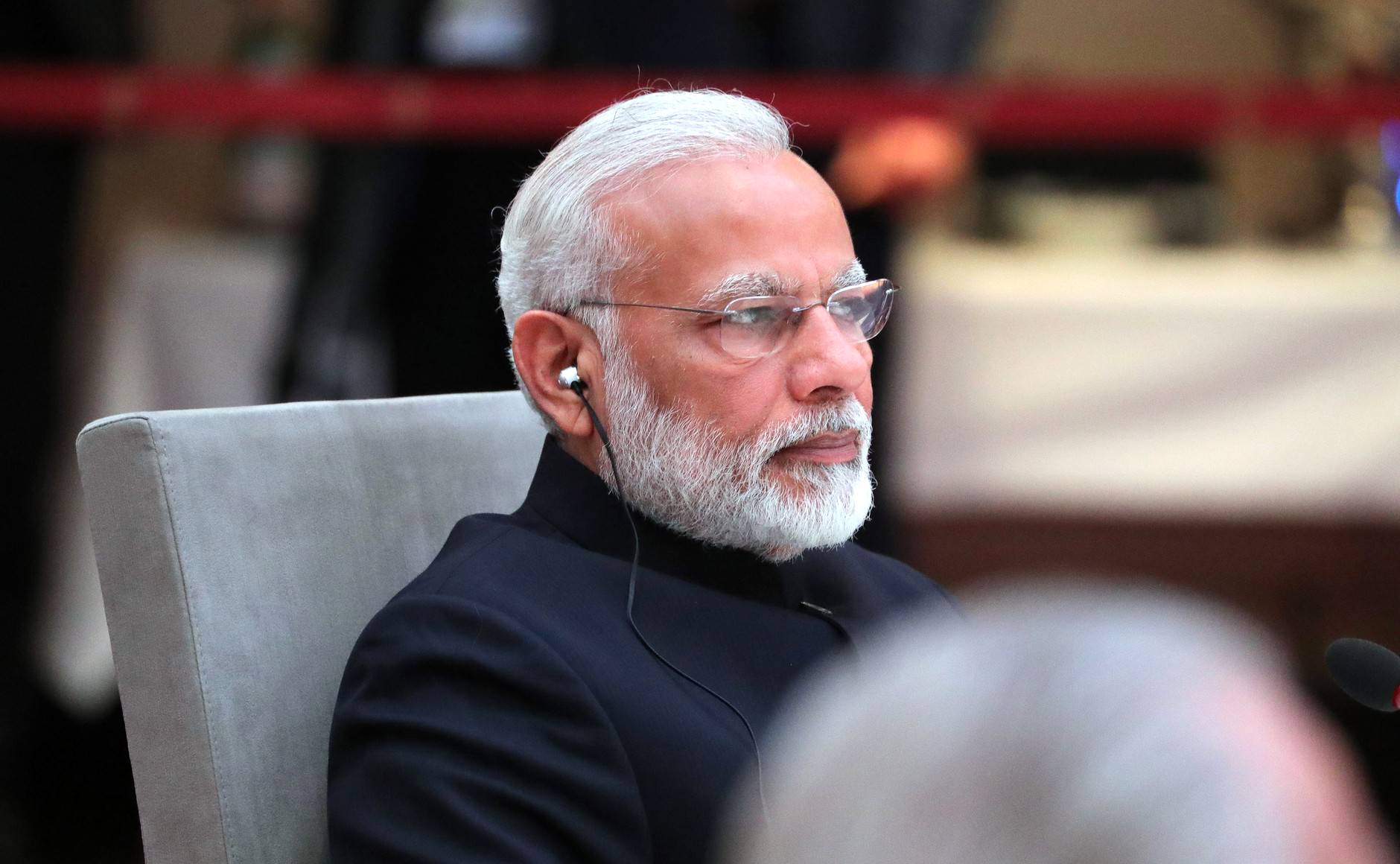Russian Oil Deal: The United States has imposed secondary tariffs on India over its oil imports from Russia. Experts believe this move could impact the Indian economy. Despite these concerns, the U.S. administration continues to maintain an aggressive stance against India and is now pressuring European nations to follow the same path.

Russian Oil Deal: Why is Trump silent on China over Russian oil purchases, but venting his anger on India?
Washington: U.S. President Donald Trump has imposed an additional 25% tariff on India for purchasing oil from Russia. With this move, India now faces a total American tariff of 50%. According to the Trump administration, the decision aims to pressure Russia into ending the Ukraine war. However, critics point out that while India faces penalties, no such punitive action has been taken against China, which remains the largest buyer of Russian energy. This raises the question — why is Washington targeting India but sparing China?
Who Is Buying Russian Oil?
Chinese customs data shows that China imported a record 109 million tons of Russian oil last year, accounting for nearly 20% of its total energy imports. In contrast, India imported 88 million tons in 2024. Clearly, China remains Russia’s biggest economic lifeline, fueling allegations that Beijing is indirectly supporting Moscow’s war effort in Ukraine.
U.S. May Raise Tariffs Up to 500%
Lawmakers from both the Republican and Democratic parties have introduced a bill titled the “Russia Sanctions Act 2025.” If passed, it will empower the administration to sanction any country that buys Russian oil or natural gas. The bill also authorizes tariffs of up to 500% on nations seen as aiding Russia. Senators are reportedly waiting for President Trump’s green light to push the legislation forward.
Why No Tariffs on China?
When asked by Fox News on August 15 whether he was considering secondary sanctions on China—especially after his recent meeting with Russian President Vladimir Putin in Alaska failed to reach a ceasefire deal—Trump replied:
“Because of what happened today, I don’t think I need to consider that right now. Maybe in two or three weeks, I’ll have to think about it, but at this moment, it’s not necessary.”
The U.S. Fear of China
Experts believe Trump is holding back due to ongoing negotiations with Beijing over a broader trade deal that includes rare earth minerals. These 17 elements are critical for industries ranging from auto parts and green energy to advanced military technology. Since China dominates mining and processing of rare earths, many American industries remain heavily dependent on Chinese supplies. This makes the issue a bargaining chip in trade talks.
Inflation Concerns in the U.S.
Another factor is domestic economics. Unlike India, China supplies a massive share of clothing, decorative items, and retail products to the U.S. market, especially during the Christmas shopping season. Imposing tariffs on Chinese goods could trigger inflation, pushing up consumer prices and burdening American households—something Trump wants to avoid.
Trump Bends to China
In recent weeks, Trump has also made concessions to ease trade tensions with Beijing. Earlier this month, the U.S. relaxed restrictions on the export of advanced semiconductors to China, a key Chinese demand. On August 11, Trump approved sales of high-end chips by American firm NVIDIA to China, though with the condition that 15% of the revenue must go to the U.S. Treasury.
Also Read:















